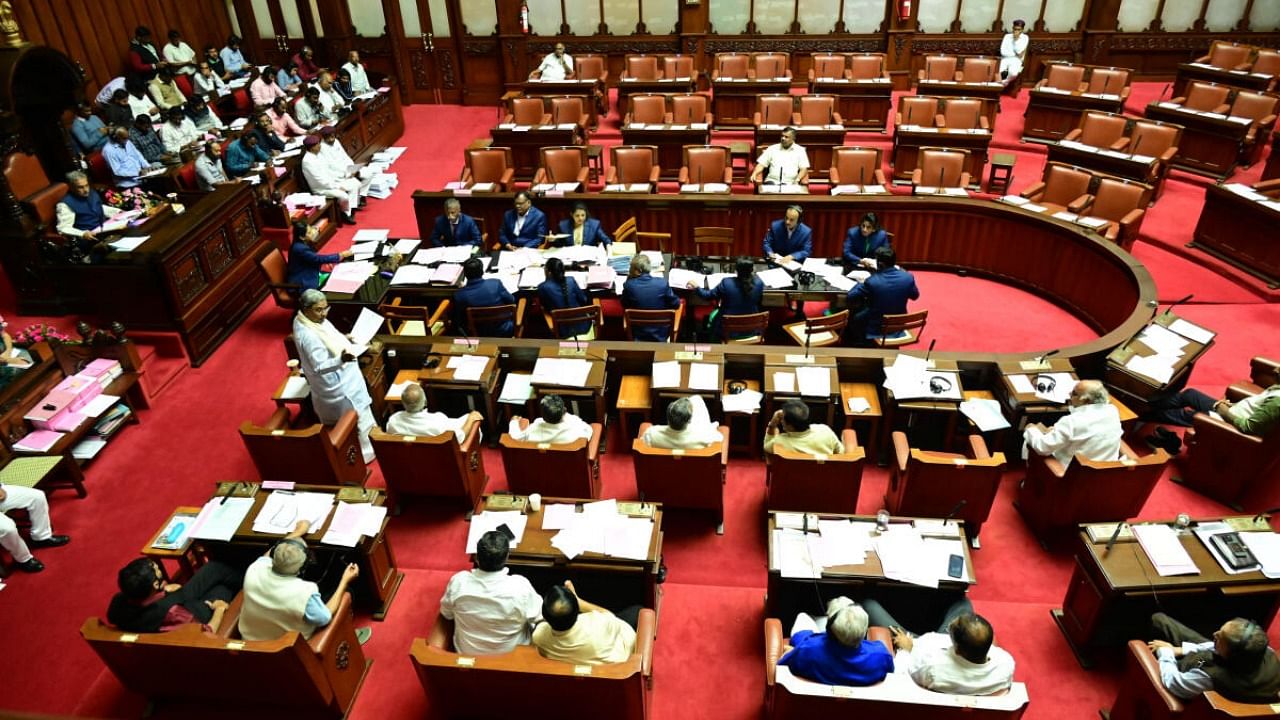
The Registration (Karnataka Amendment) Bill, 2023, passed by the legislature, is welcome, though it is disquieting that the bill, along with four others, was passed without debate in the Assembly. The bill not only empowers sub-registrars to cancel property registrations made using fraudulent means, such as false documents and forgery, but also provides for the prosecution of officers who knowingly facilitate such transactions. In the absence of these two provisions, genuine landowners had to run from pillar to post and take recourse to long-winding legal battles if their properties were registered by others using fake documents or by impersonation. The Karnataka Administrative Reforms Commission-2 headed by former Chief Secretary T M Vijay Bhaskar had also flagged the issue and recommended an amendment to the Act. Similar amendments have been made in Tamil Nadu and Haryana.
Until now, sub-registrars were not authorised to verify the genuineness of documents produced before them for registration. In N A Ramesh v. State of Karnataka (2021), the High Court held that there was no provision under the Registration Act, 1908, or the rules thereof, that obliged the sub-registrar to investigate the title of the party executing the document at the stage of registration. The court also held that the mere registration of a document was not proof of its validity and that in case of any illegality or invalidity, the aggrieved party was at liberty to approach the appropriate forum. However, in another case, the High Court had held that a sub-registrar, though not required by law to enquire into the validity of documents, cannot act mechanically and like a “classical postman” while registering documents but should exercise due diligence. The lacuna was in the law, however, and has been misused for decades by various fraudsters to usurp land belonging to others, often with the active connivance of some sub-registrars.
The amendment now empowers, as well as puts the burden on, the sub-registrar to refuse to register documents that are forged or in cases where immovable properties are permanently or provisionally attached by courts or investigation agencies. The Act empowers the sub-registrar to cancel bogus property registrations suo moto or based on a complaint from an aggrieved party. It provides for a three-year prison term for officers who facilitate such registrations while protecting those who have acted in good faith -- that is, cases where fraud takes place despite the officer exercising due diligence. The law comes as beacon of hope for landowners who are forced to spend decades fighting legal battles when their properties are illegally appropriated. The amendment is thus a step in the right direction.